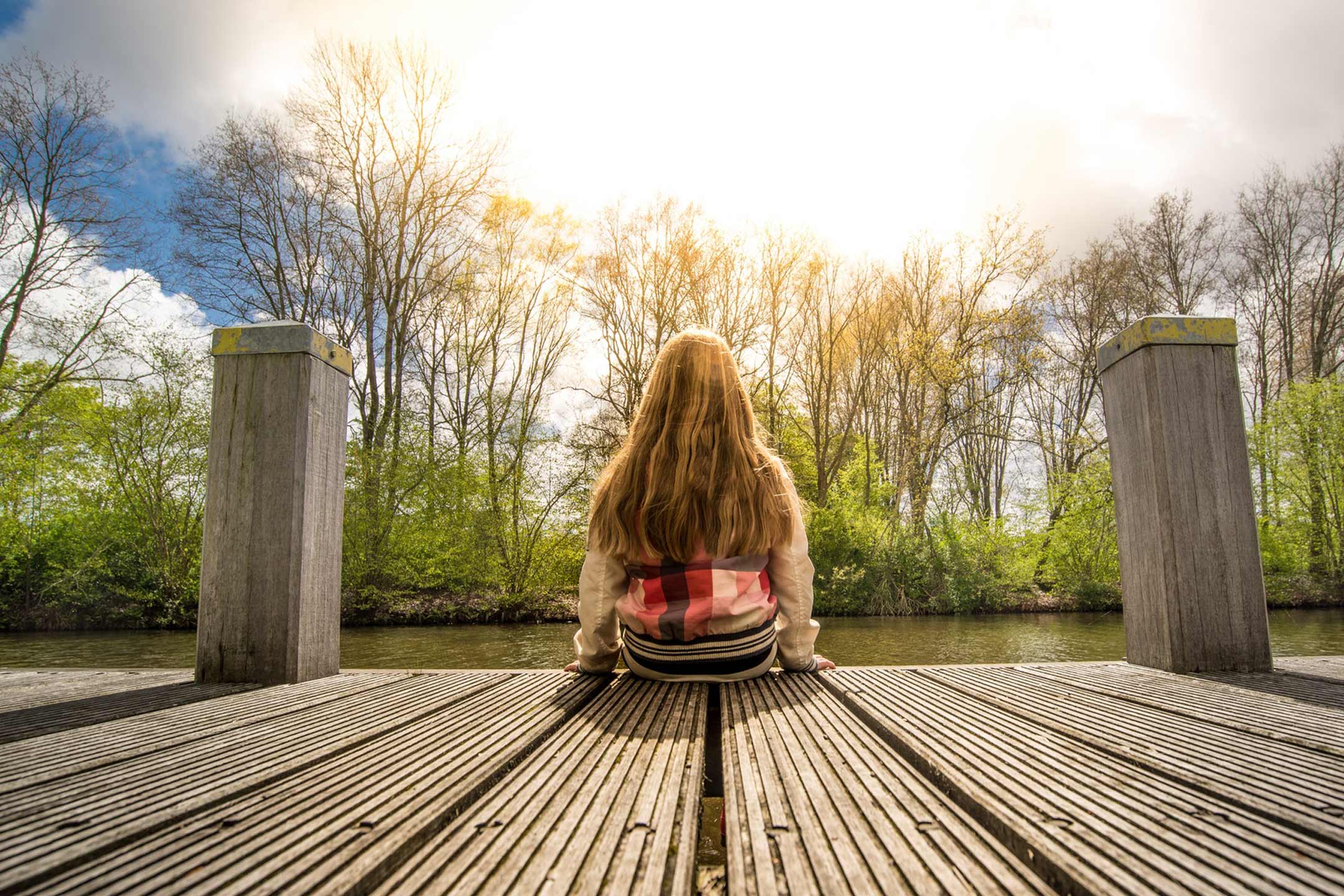
26 Oct Why do our youth prefer to grapple with their emotional issues in solitude?
New research unveiled on the occasion of headspace Day has revealed a concerning trend among young Australians. It appears that a significant portion of our youth prefers to grapple with their emotional issues in solitude, often driven by apprehensions about societal judgment. The implications of this research are profound and have shed light on the importance of creating a supportive environment for our young generation.
The headspace National Youth Mental Health Survey, which surveyed 3,107 young individuals, found that a staggering 40 per cent of participants were inclined to confront their personal or emotional challenges on their own without seeking assistance from others. This statistic underscores the need to foster a more open and communicative atmosphere for our young people.
Moreover, the survey unearthed several additional insights that demand our attention:
- More than two in five young people confessed that they would experience a heightened sense of self-doubt if they were unable to resolve their mental health issues independently, with 42 per cent acknowledging this concern.
- Among those young individuals who opt to manage their personal or emotional struggles in solitude, a significant barrier to seeking help is the fear of what others might think, affecting 39 per cent of respondents.
These findings also prompted an examination of the prevailing stigma surrounding mental health issues and the act of seeking help for them. Worryingly, nearly six in ten survey participants (57 per cent) indicated that they perceive a stigma surrounding mental illness in Australia. Additionally, over half of the respondents (52 per cent) felt that there is a similar stigma attached to seeking assistance for mental health concerns.
headspace CEO Jason Trethowan empathizes with the challenges that young people face when contemplating reaching out for support. He emphasizes the importance of recognizing that there are various youth-friendly, confidential, and affordable resources available to meet their diverse needs. Trethowan acknowledges the multi-directional pressures young people encounter from their families, schools, workplaces, and social media and underscores that they should not bear these burdens alone.
“For young people having a tough time, it’s important they know there is support available and that they should reach out for help,” Trethowan affirms. He highlights that headspace, along with its new campaign, can provide assistance in various ways tailored to the unique concerns of young individuals. For those who may find it daunting to seek help in person, online services are also available.
The headspace campaign features actor Zoe Terakes, who encourages young people to disregard unrealistic expectations and prioritize their own well-being. Terakes aptly points out, “headspace reminds young people they don’t have to do it all on their own, in fact, they shouldn’t. It’s so vital we reach for and depend on external support.”
With headspace centres scattered across both regional and metropolitan Australia, as well as offering online and phone counselling services, the organization strives to address all aspects of young people’s well-being. This includes mental health, physical health (including sexual health), alcohol and other drug services, and work and study support.
The newly released research findings underscore the importance of addressing the isolation and fear that many young Australians experience when dealing with emotional problems. By breaking down the stigma surrounding mental health and providing accessible support options, we can empower our youth to seek the assistance they need and deserve. The headspace campaign, featuring Zoe Terakes, serves as a timely reminder that no one should navigate life’s challenges alone, and help is always available for those who reach out.
If you or a young person you know is in need of support, consider visiting a local headspace centre.
Additionally, phone and online counselling services are available through eheadspace seven days a week between 9 am and 1 am (AEST) at 1800 650 890.
For immediate assistance, you can reach out to Lifeline at 13 11 14 or Kids Helpline at 1800 55 1800, both of which operate 24/7.

